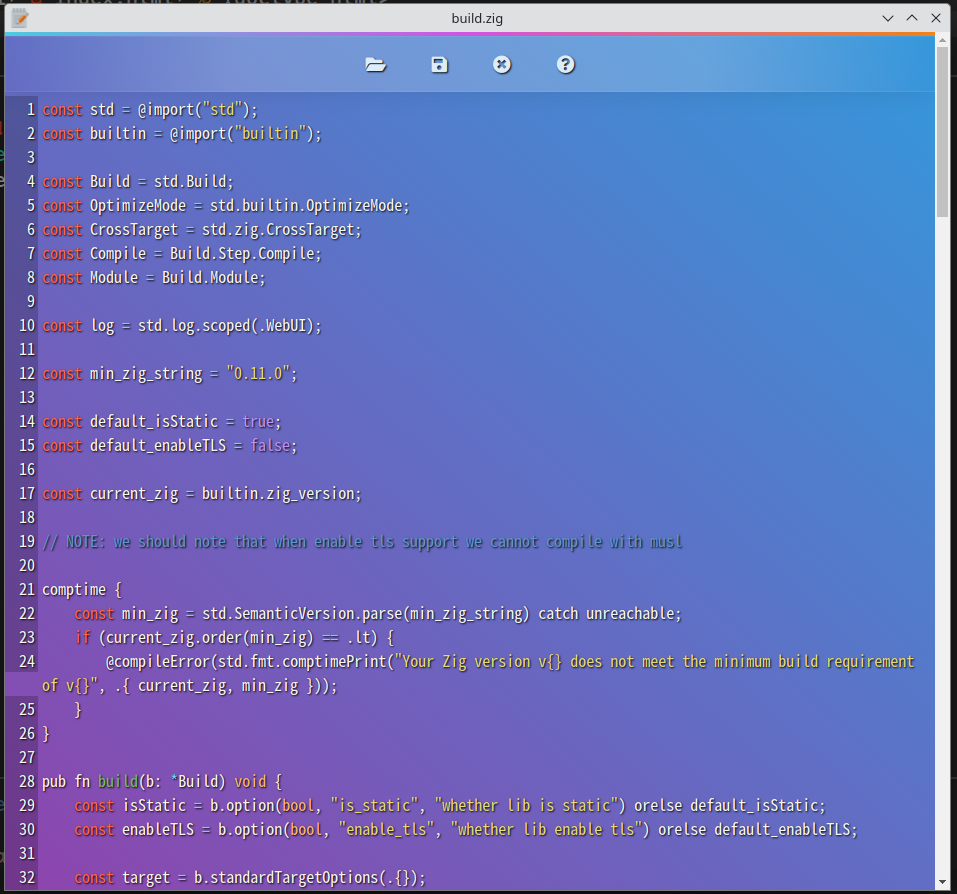Zig Programming Language
241 readers
1 users here now
A lemm.ee community for Zig!
founded 2 years ago
MODERATORS
101
102
103
104
105
107
108
109
110
111
112
113
114
115
116
117
118
119
120
121
122
1
[New project] ZigVS - A zig language extension for Visual Studio 2022 (VS, not VSCode)
(marketplace.visualstudio.com)
123
124
125

